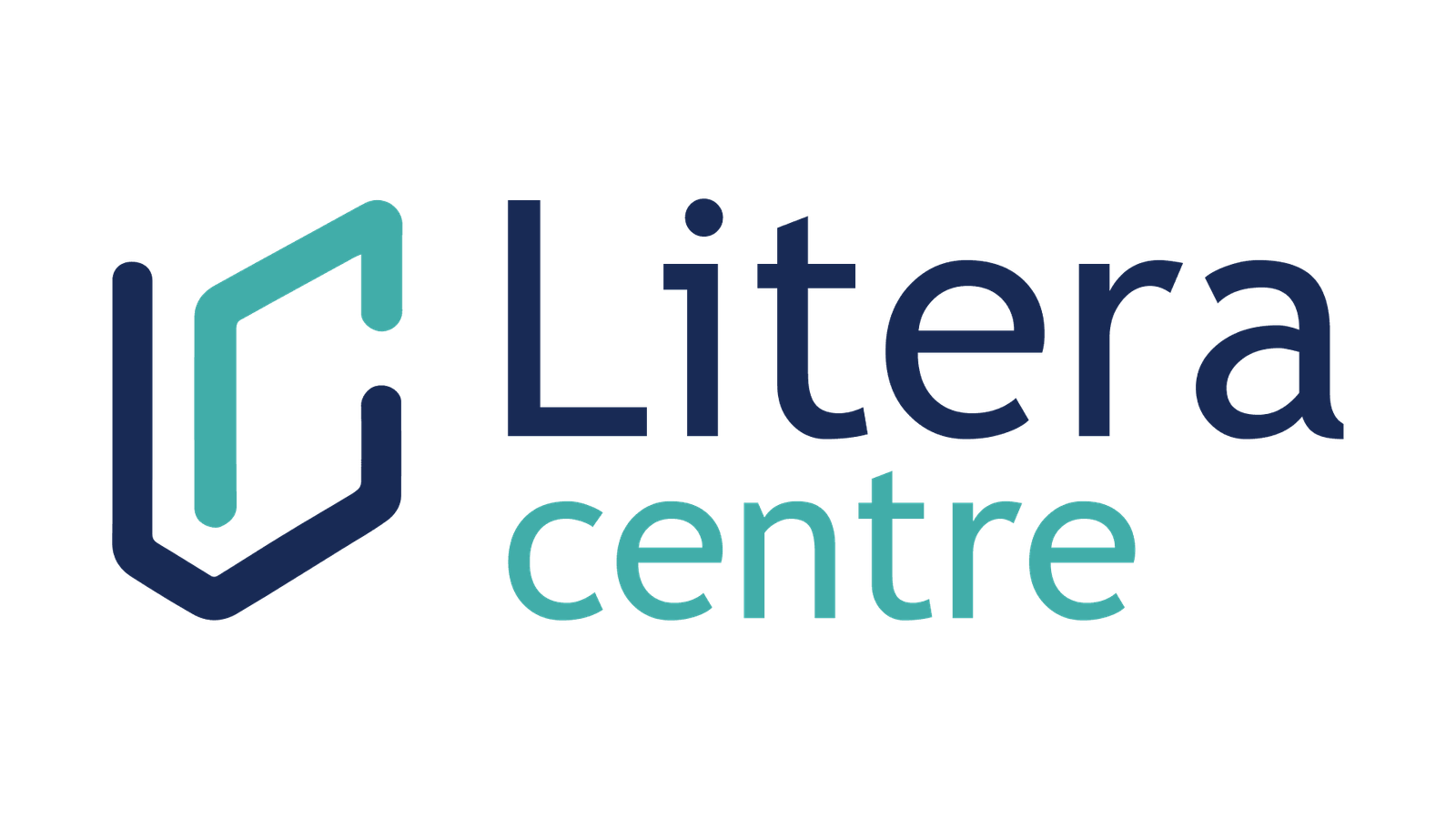Are you gearing up for the IB Boards Exams? Or are you feeling the pressure of the impending exam season?
If yes, don’t worry, we’ve got your back! We’ve compiled a list of the top 10 tips to prepare for the IB boards exam with confidence and conquer the exams like a boss!
It is no news that the International Baccalaureate (IB) Board exams are a critical aspect of a student’s academic journey, providing a rigorous assessment system that evaluates their knowledge and skills in various subjects.
With the increasing competitiveness of higher education, it has become more essential than ever for students to excel in these exams to gain admission into prestigious universities worldwide.
So, let’s dive into the blog and start with some basics of the IB boards exam before discussing the tips!
IB Boards Exam: A Quick Intro!
The International Baccalaureate (IB) Board exams are a globally recognized assessment system that evaluates a student’s knowledge and skills in various subjects.
Founded in 1968, the IB program aims to provide a challenging and comprehensive education that prepares students for success in higher education and life beyond.
IB boards exams are offered at two levels: standard level (SL) and higher level (HL), with HL being the more advanced of the two.

In addition to the six subject groups, students are required to complete an extended essay (EE), a theory of knowledge (TOK) course, and a minimum of 150 hours of creativity, activity, and service (CAS) activities.
| Extended Essay | It is a research paper that allows students to investigate a topic of their choice, guided by a supervisor. |
| A Theory of Knowledge | It is designed to help students develop critical thinking skills and explore the nature of knowledge across different subject areas. |
| CAS Activities | It encourages students to engage in creative, physical, and community service activities that foster personal growth and development. |
The program is particularly well-suited for students who are interested in pursuing higher education in international settings, as it provides a well-rounded education that emphasizes global perspectives and intercultural understanding.
When Should You Start Studying For the IB Boards Exam?
With no doubt, preparing for the IB Board exams requires a significant amount of time and effort.
Normally, students are expected to start preparing for the IB Board exams well in advance, ideally at the beginning of their final two years of high school. This provides ample time to study the subject material, complete coursework, and prepare for the various components of the program.
The recommended duration for preparing for the IB Board exams is around 18 to 24 months, which includes the time required to complete the program’s various components. This allows students to pace themselves and avoid cramming, which can lead to burnout and a decline in academic performance.

How Litera Centre Helps you with IB Curriculum?
Litera Centre offers you the conceptual and innovative IB tuition classes for all levels of both IB MYP and IBDP. Our expert tutors make learning fun by regularly interacting with the students and giving them immediate feedback. Additionally, our tutors figure out the learning pattern of the students and alter their teaching styles accordingly.
Top 10 Tips To Crack IB Boards Exam Effortlessly!
Now that you know everything about IB boards exam, here are ten tips to crack it like a pro:
Create a Study Schedule:
First and foremost, a well-planned study schedule is essential to crack the IB Boards Exam. When creating your study schedule, do not forget to identify your strengths and weaknesses in each subject.
Once you know which areas you need to focus on, you can then create a schedule that allows you to dedicate enough time to each subject, while still giving enough time to rest and recharge.

Set Realistic Goals:
Setting realistic goals is crucial to your success in the IB Boards Exam. While it is important to set high goals for yourself, you need to make sure that they are achievable.
Setting unrealistic goals can lead to disappointment and frustration, which can affect your motivation and focus.

Practice English, Especially If It is Not Your First Language:
If English is not your first language, it can be challenging to perform well in the IB Boards Exam. However, by practicing English every day, you can improve your language skills and gain confidence.
Reading books and articles, watching English movies and TV shows, and speaking English with friends and family can all help you to improve your language skills.

Keep Up With Language B:
If you are taking a language B subject, it is important to keep up with your reading and writing skills. Same as mentioned before, you should read books and articles in the language you have selected, and practice writing essays and summaries.
Also, it can also be helpful to watch shows in the language to improve your listening skills.

Practice Your Time and Efforts:
Time management is one of the most important skills you will need to master in order to succeed in the IB Boards Exam. You should allocate your time based on the importance of each subject, as well as your own strengths and weaknesses.
When practicing, you should also try to simulate exam conditions as closely as possible, including time limits and distraction-free environments.

Use Effective Study Techniques:
There are many effective study techniques that you can use to improve your performance in the IB Boards Exam.
For example, mind mapping can help you to visualize complex concepts and ideas, while summarizing can help you to identify the most important information in a text. Active reading involves asking questions and making connections between different ideas, which can help you to retain information more effectively.

Use Study Guides:
Study guides can be a valuable resource for students preparing for the IB Boards Exam. They provide a comprehensive overview of the subject and can help you to identify key concepts and topics.
You can use study guides to supplement your textbooks and notes, or as a standalone resource to help you review and revise.

Practice Past Papers:
Practicing past papers is one of the most effective ways to prepare for the IB Boards Exam.
By practicing past papers, you can familiarize yourself with the exam format and the types of questions that are likely to be asked. This can help you to feel more confident and prepared on exam day.

Get Enough Sleep and Exercise:
Taking care of your physical health is just as important as studying. Getting enough sleep and exercise can help you to stay alert, focused, and motivated. Aim to get at least 7-8 hours of sleep each night, and try to exercise for at least 30 minutes every day.
Finally, it is important to stay positive and maintain a positive outlook towards the exam. Avoid negative thoughts and rumors about the exam, as this can lead to unnecessary stress and anxiety. Instead, focus on your strengths and the progress you have made in your studies. Trust yourself and your abilities, and believe that you can succeed in the IB Boards Exam.

Stay Positive & Away from Rumors About IB Boards Exams:
Finally, it is important to stay positive and maintain a positive outlook towards the exam. Avoid negative thoughts and rumors about the exam, as this can lead to unnecessary stress and anxiety.
Instead, focus on your strengths and the progress you have made in your studies. Trust yourself and your abilities, and believe that you can succeed in the IB Boards Exam

Bottom Line:
There you have it- the top 10 tips to crack your IB Boards Exam with ease!
With these tips, you’ll be able to walk into the exam hall feeling like a boss, ready to slay that paper with confidence. Remember, it’s not just about studying hard but also studying smart.
So, what are you waiting for? Go out there and succeed in the exam like the academic rockstar that you are!
Frequently Asked Questions (FAQ)
Q: How do I manage time with the IB workload?
Think of time management as the most important IB survival skill. The best approach is to use a planner to schedule dedicated slots for each subject, but also for core components like the Extended Essay and TOK. Balancing your time effectively will prevent burnout and ensure you give equal attention to all your assignments.
Q: Are practice papers essential for IB success?
Yes, practice papers are your secret weapon for success. They are the best way to familiarize yourself with the format, timing, and question styles of the real exams, especially with specific questions like those in IB Maths. Practice under timed conditions to simulate the pressure of exam day and identify areas where you need to improve.
Q: What is the most common mistake students make in IB exams?
The most common mistake is a lack of focus on the command terms. These are the verbs in the question that tell you exactly how to answer (e.g., “analyze,” “evaluate,” “explain”). Students often lose marks by not addressing the question precisely. By understanding these terms, you can give the examiners exactly what they’re looking for.
Q: How important are the IB core components for my final grade?
The core components—the Extended Essay (EE), Theory of Knowledge (TOK), and Creativity, Activity, Service (CAS)—are not just an add-on; they are critical to your final score. While they are not graded on a 1-7 scale, they contribute up to 3 points to your overall IB score. A strong performance in these areas can significantly boost your final result.
Q: Should I use a tutor for my IB boards?
An IB tutor can be a game-changer, acting as a personal guide through the challenging curriculum. They can provide personalized attention, help you with difficult concepts, and offer valuable feedback on your assignments, from your Internal Assessments (IAs) to your final essays.
Q: How should I review for the IB final exams?
Effective revision is about smart, not hard, work. Begin your revision by creating concise revision notes for each topic, focusing on key concepts and formulas. Use flashcards and mind maps to actively recall information rather than passively rereading your textbook.



